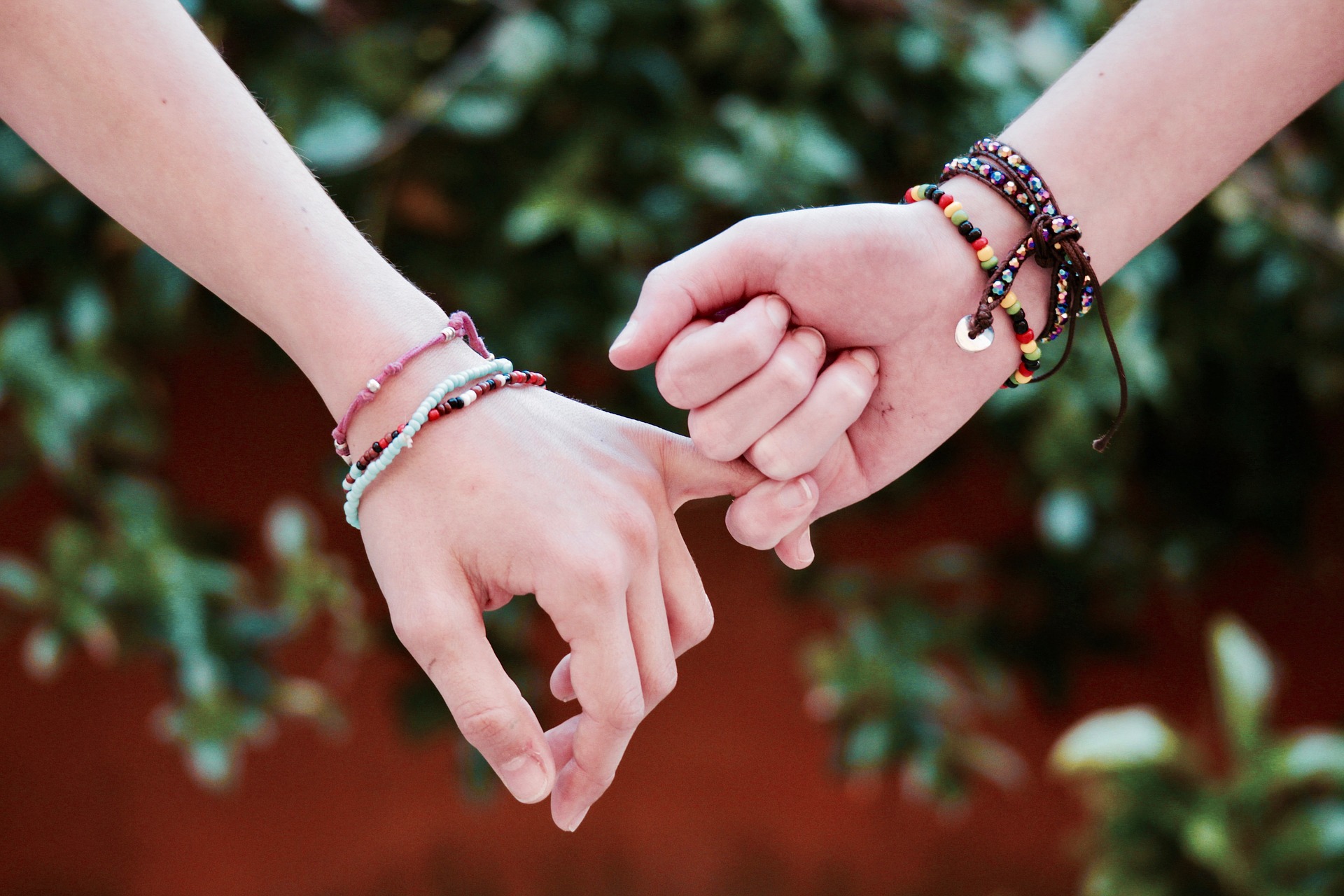Following Stanford’s decision to move students off campus in early March, most undergraduates have been experiencing new routines in their lives. Instead of biking to class, they roll out of bed and log on to Zoom. Holiday celebrations are spent six feet apart. Netflix Party is the new movie theatre. The changes brought about by the pandemic have affected not only daily routines and experiences, but also interpersonal relationships.
Both Tomas Di Felice ’23 and Alexi Magallanes ’23 spoke to how COVID-19 restrictions have impacted their relationships with friends.
Di Felice focused on his relationship with his best friend from Argentina. “We have been talking more, but [it] just feels strange to be ‘reunited’ in the sense that I’m back in Argentina for summer break, but we still can’t do everything we had planned to do for my return,” said Di Felice.
Prior to quarantine, he felt that being at Stanford put a strain on their relationship, as the distance made it hard to keep in touch. Now, although he’s just a few kilometers away from her, “it still feels odd that we are now so close yet just as far as when I was at Stanford,” Di Felice reflected. “It was definitely an obstacle for creating more experiences together, but going through something this new also brought us close.” Having more free time, Di Felice has been able to talk to his best friend more and reconnect with her online.
For other students who feel that the return to their family and friends is bittersweet as well, Di Felice advised that “communication is key to find the best ways to improve our relationships and understand what others need in times like these.”
On the other hand, Magallanes feels that the changes in her relationships are “definitely negative, because I don’t get to talk to or see my friends as much as I’d like to.” At Stanford, her friends were just a door away. At home, her friends are in completely different time zones, making it more difficult to connect.
“We definitely use group chats more now than ever before. Sometimes we’ll have a call scheduled and then something will come up and we have to cancel,” Magallanes wrote. “I noticed I definitely have to put in more effort to talk to my friends because they aren’t just down the hall or around me 24/7.”
Magllanes also regrets not appreciating her moments at Stanford, hoping that “we can eventually go back to how it was before.”
Michelle Bao ’22 described the challenges of navigating her relationship with her parents. For most of her freshman summer, Bao was living abroad, so she wasn’t used to living with her family for an extended period of time.
Because they are unable to leave the house and talk to other people, Bao has found that her family becomes irritated at each other more frequently. “[In the past] when I’ve come home, I’ve always been able to find respite in meeting with my best friends, or being able to go to the ice rink and let off some steam,” Bao recalled. “With COVID-19, both of these options are unavailable to me. Not being able to leave the house and talk to other people meant that we were always tense and got irritated with each other more easily and more frequently.”
In addition, the uptick in domestic civil unrest following the Black Lives Matter movement, “exacerbated these tensions, particularly with my mother, who I am particularly close to.” Bao found that such heavily debated issues led to disagreements over opinions with her family.
Previously, Bao had disputes with her parents on similar matters, but never resolved them. Instead, they agreed “to drop all sentiments entirely for the sake of keeping our relationship and our communication functional and effective.”
For students experiencing conflicts with friends or family, she recommended: “prioritize empathy, but also not at the expense of your own wellbeing.” Bao wrote, “everyone is stressed, some more than others, but no one is truly impervious to the changes in the world around us.”
Contact Anna Yang at ayang23 ‘at’ ndsj.org.
